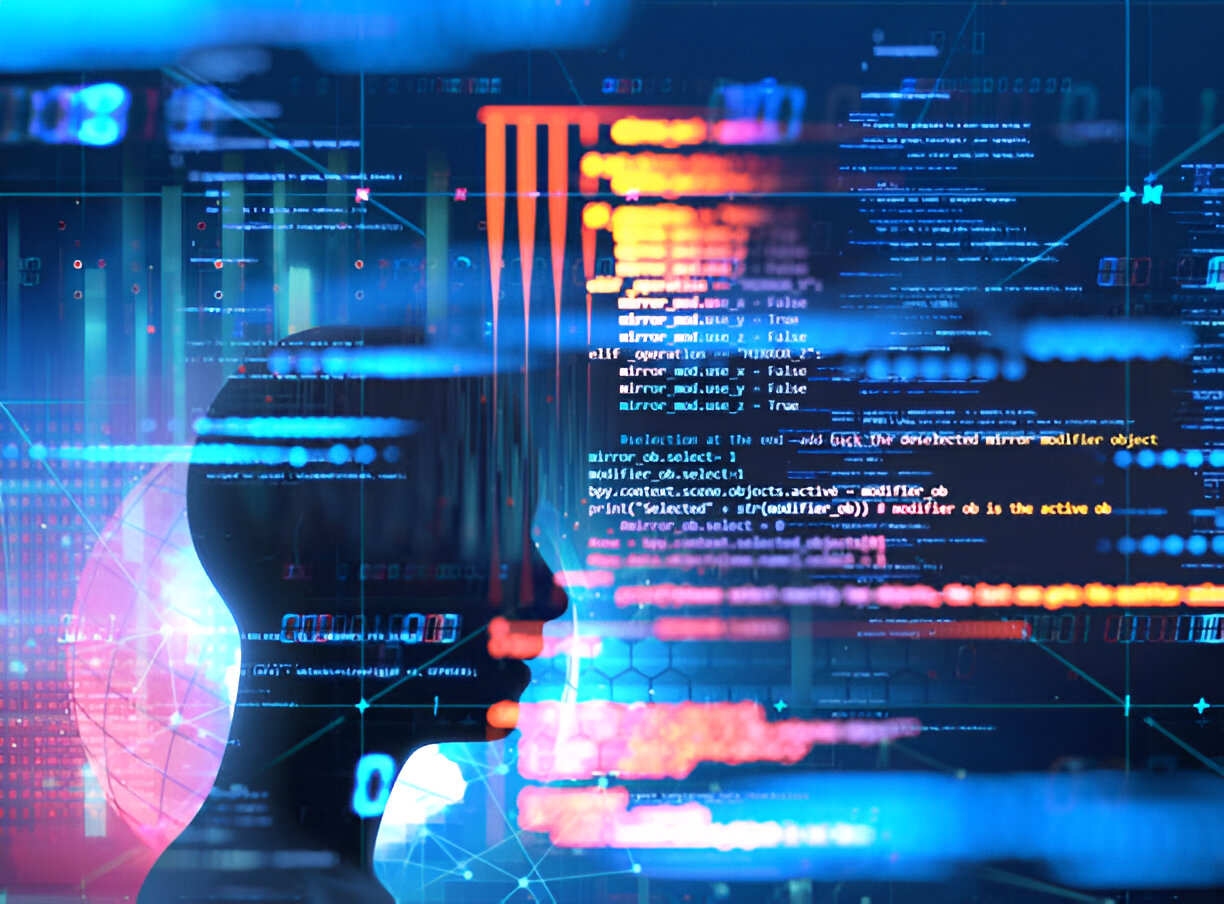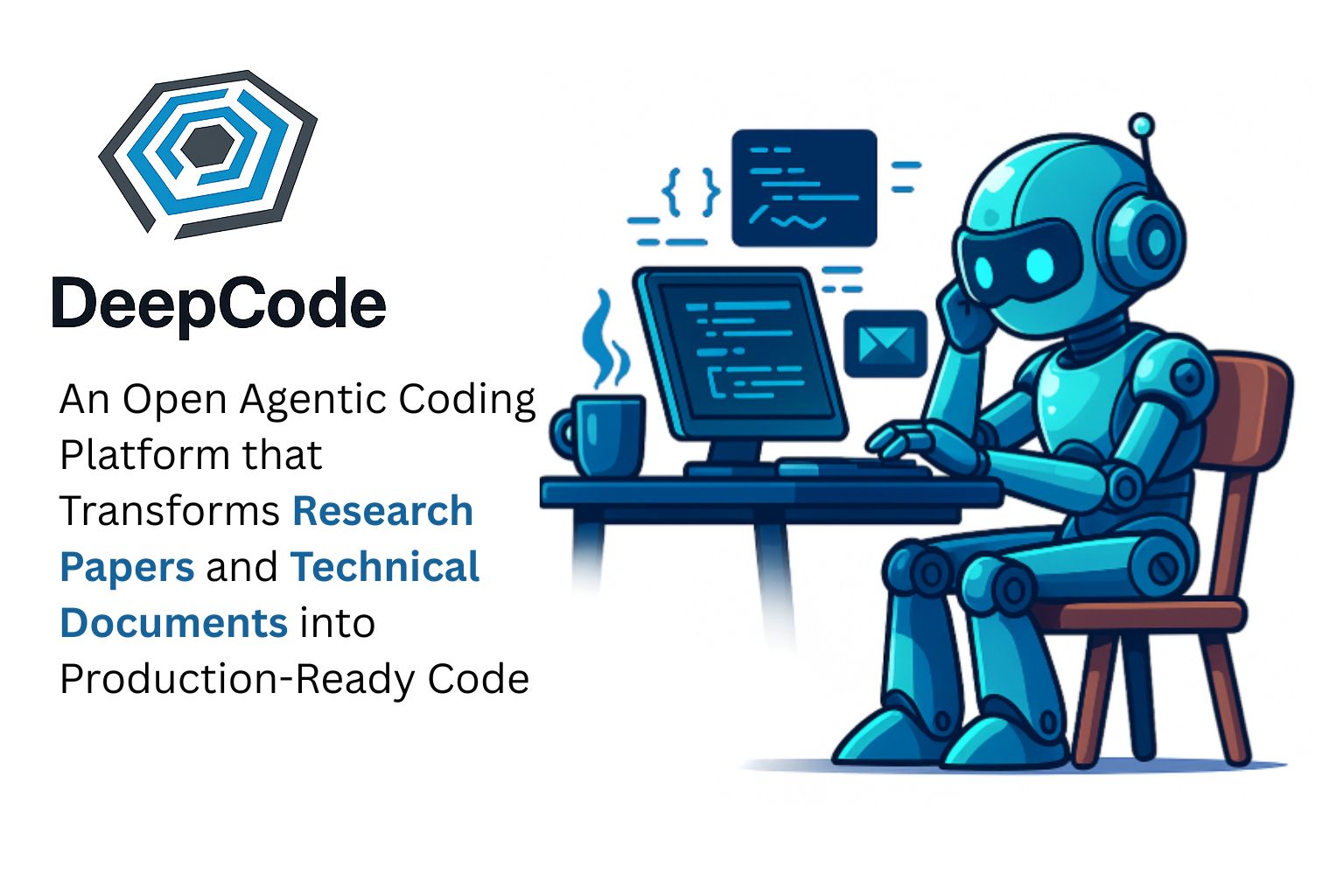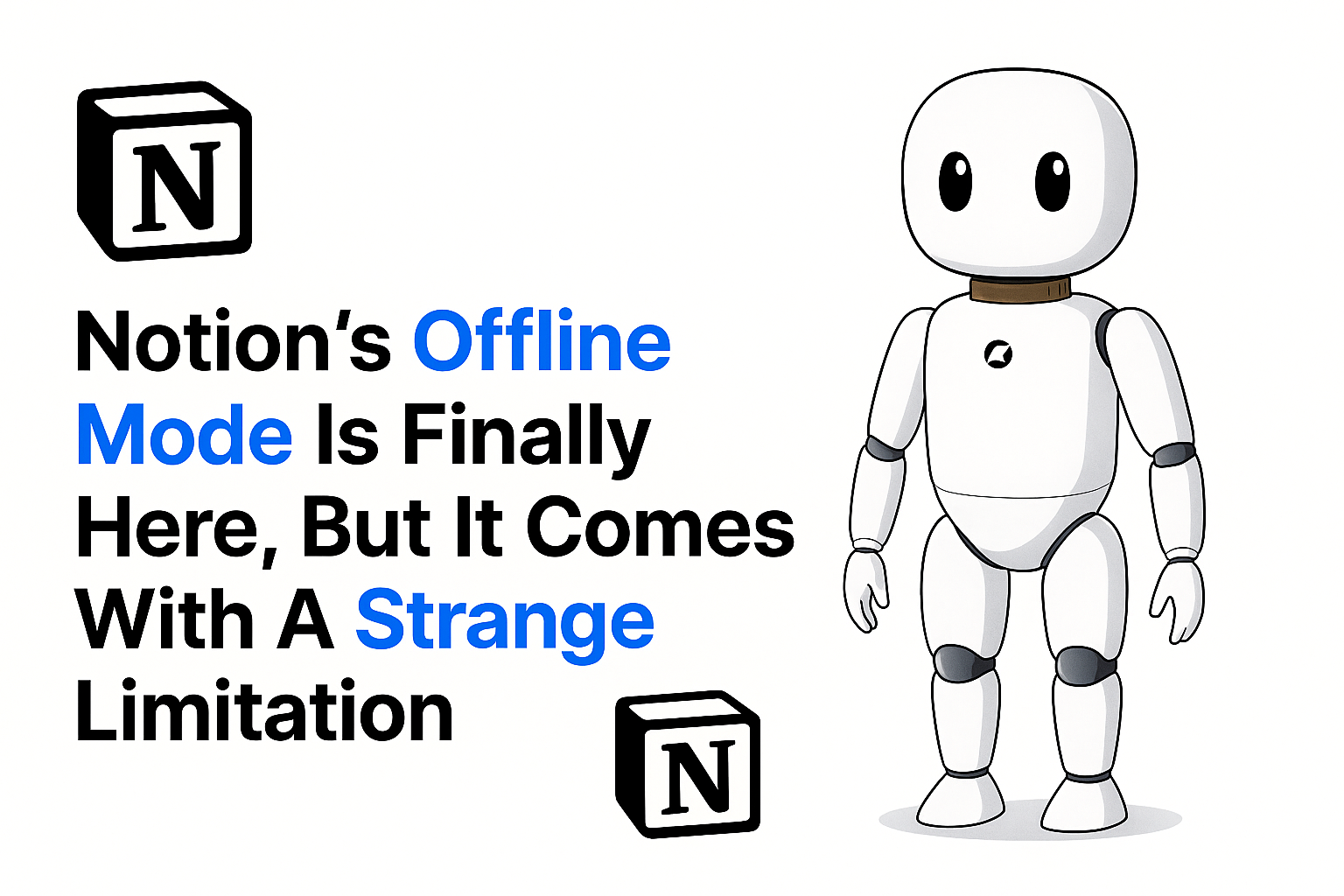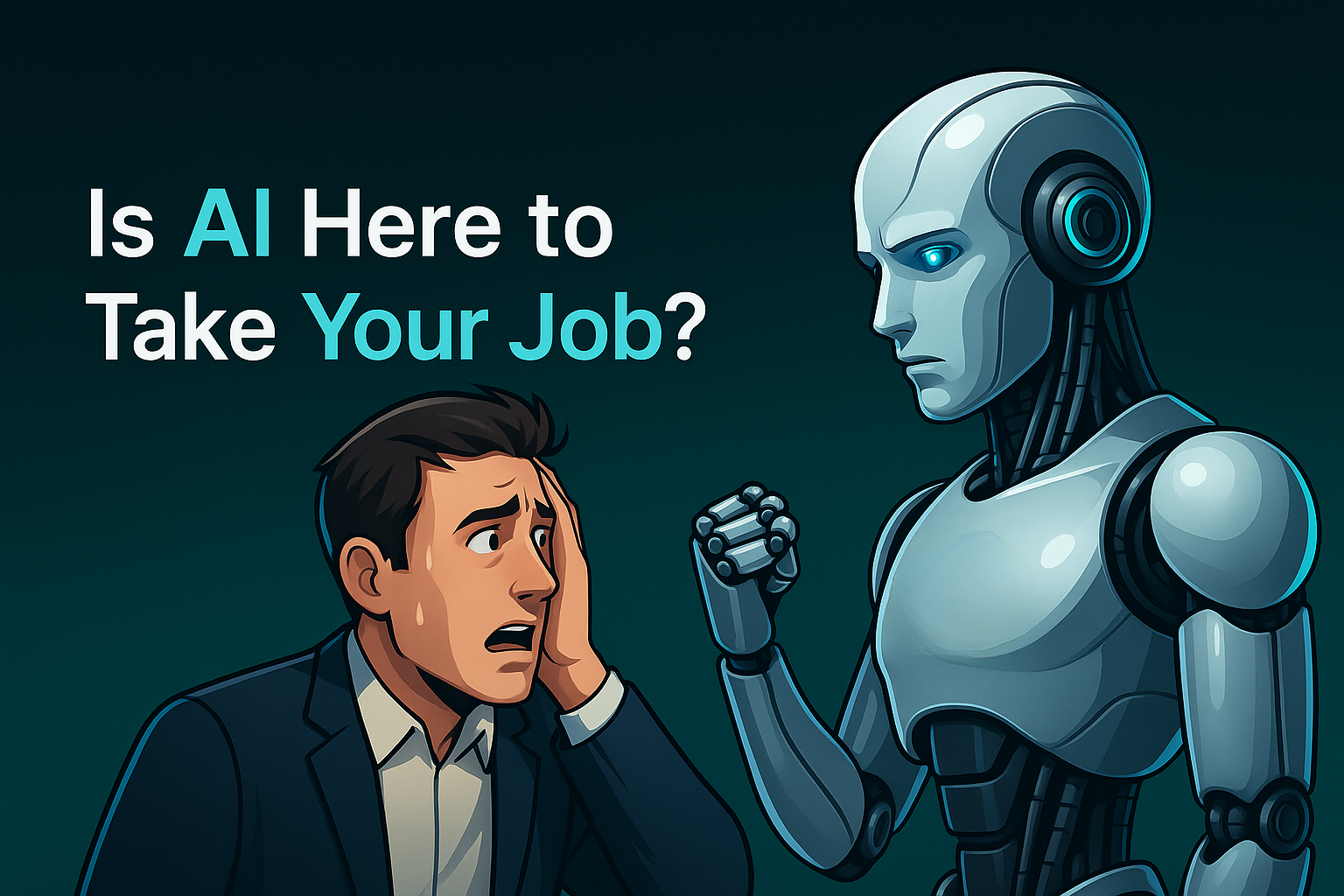In today’s fast-paced tech world, staying ahead means working smarter. And that’s exactly what Google is doing. The tech giant is now using artificial intelligence (AI) to boost the productivity of its software engineers helping them write code faster, better, and with less effort.
So, what does this mean for the future of work? And how is Google making it happen? Let’s break it down.
AI and Software Engineering: A Match Made in Silicon Heaven
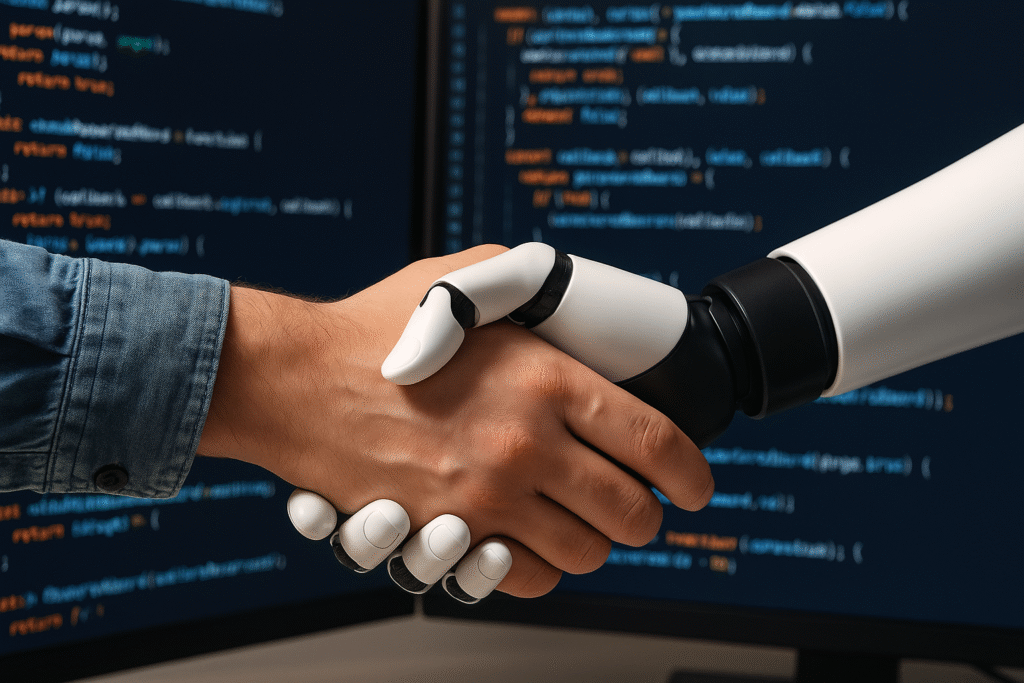
Writing software is no easy feat. It takes time, deep focus, and a whole lot of troubleshooting. But AI is stepping in to take some of that pressure off engineers.
Sundar Pichai, CEO of Google’s parent company Alphabet, recently shared that AI tools are significantly improving engineer productivity. In fact, some Google engineers are now coding up to twice as fast thanks to AI.
Sounds almost like magic, doesn’t it?
But it’s not magic it’s smart tech doing smart things.
Helping Hands: How Google Engineers Use AI
You might be wondering, “What exactly does AI do to help coders at Google?” Great question!
Here’s a simple way to think about it.
Imagine you’re writing an essay, and there’s a helpful tool that suggests complete sentences as you go. It knows what you want to say before you even type it. That’s what AI is doing for coding.
Google’s AI tools support developers by:
- Auto-suggesting lines of code based on context
- Spotting bugs and offering quick fixes
- Understanding older code and explaining what it does
- Speeding up code reviews and testing
Pretty handy, right?
It’s kind of like having a super helpful coworker sitting next to you one who never sleeps, forgets, or takes a lunch break.
The Power of Code Assistants
Google has even developed its own AI-powered code assistant, kind of like Microsoft’s GitHub Copilot. These tools are designed to work in popular programming environments and can help developers avoid repetitive tasks a part of coding that often causes burnout.
We’ve all been there working late, repeating the same task over and over, feeling stuck. Now imagine you could cut that time in half. That’s the promise of intelligent assistant tools.
And it’s not just about speed. By letting AI handle routine coding tasks, engineers can focus on the fun stuff innovation, creative solutions, and writing better-quality software.
Why This Matters: Saving Time and Money
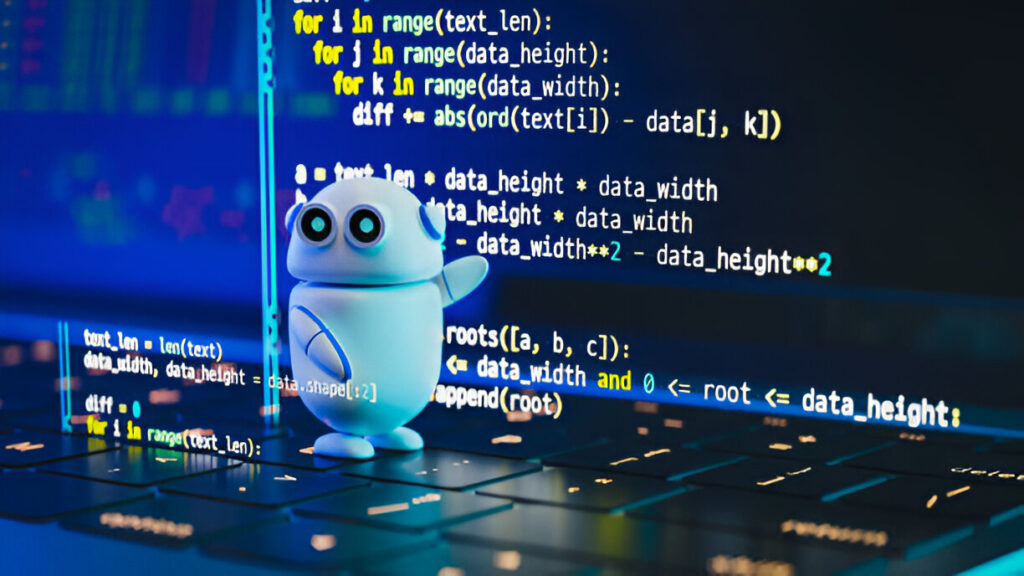
Let’s face it time is money, especially in the tech world. The faster engineers can write and test code, the faster products can hit the market.
Sundar Pichai noted that the new AI tools at Google are already saving time by reducing “grindy” parts of the job. And when engineers don’t have to spend hours combing through bug reports, they can focus on building new features that users really want.
Even better, this boost in productivity could mean:
- Faster product updates
- Quicker troubleshooting and bug fixes
- Lower development costs
It’s a win-win for both developers and users.
What About Job Security?

Okay, so AI is helping with coding. Does that mean engineers will be replaced?
Not so fast.
While AI is great at handling repetitive tasks, it still needs human guidance. Think of AI as a powerful tool like a calculator for a mathematician. Sure, it speeds things up, but the person still needs to understand the problem and know what solution they’re aiming for.
AI doesn’t take away jobs; it enhances them.
In fact, Pichai emphasized how the human role in creativity and decision-making remains crucial. AI just helps by removing the busywork, making room for more meaningful work.
Looking Ahead – AI’s Future in Software Development
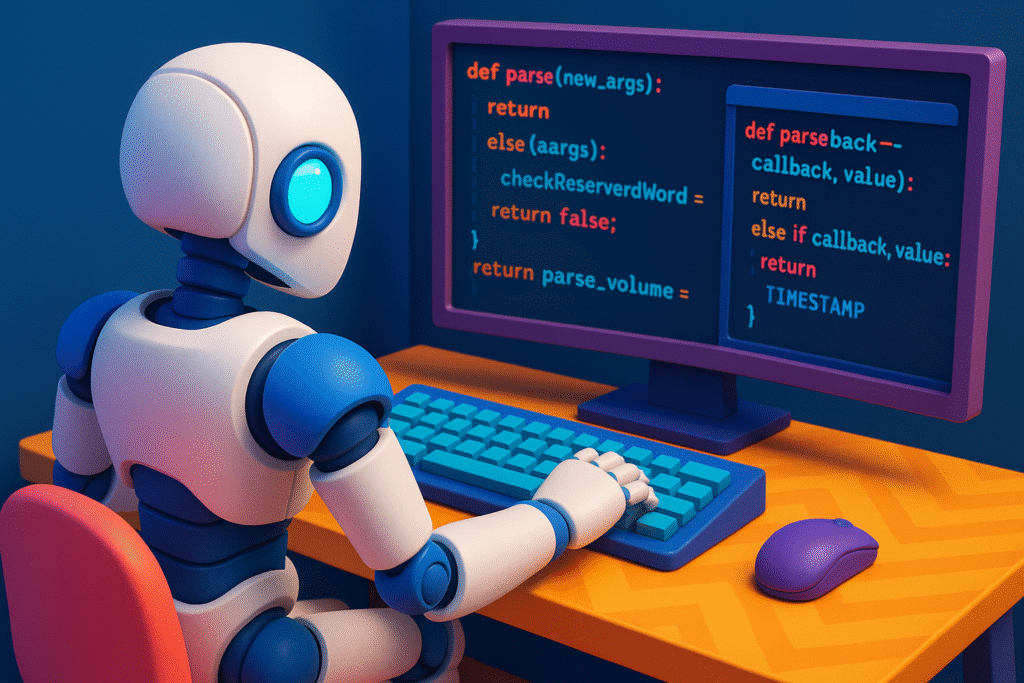
Google isn’t stopping here. It plans to roll out even more AI integrations into software development over the next year. (Think of 2025 as the year coding gets even smarter.)
We might see:
- More personalized coding assistance tailored to each developer’s style
- Smarter project management tools powered by AI
- Automatic documentation and translation for legacy code
And, who knows, maybe someday developers will describe code to AI using plain English, and it writes the whole thing.
That future isn’t as far off as it sounds.
What This Means for the Rest of Us
If you’re not a software engineer, you might be wondering: “How does this affect me?”
Well, indirectly, a lot.
Faster coding means quicker updates to the apps and websites you use every day. Buggy software gets fixed sooner. New features roll out faster. Security updates become more timely. So even if you’re not writing code, you’re still benefiting from this behind-the-scenes acceleration.
And if you’re thinking of stepping into the tech world, this could be the best time ever. Tools like AI coding assistants help new learners write better code, faster. It’s like riding a bike with training wheels, only those training wheels suggest new tricks as you go.
A Real-World Example: Learning to Code with Less Stress
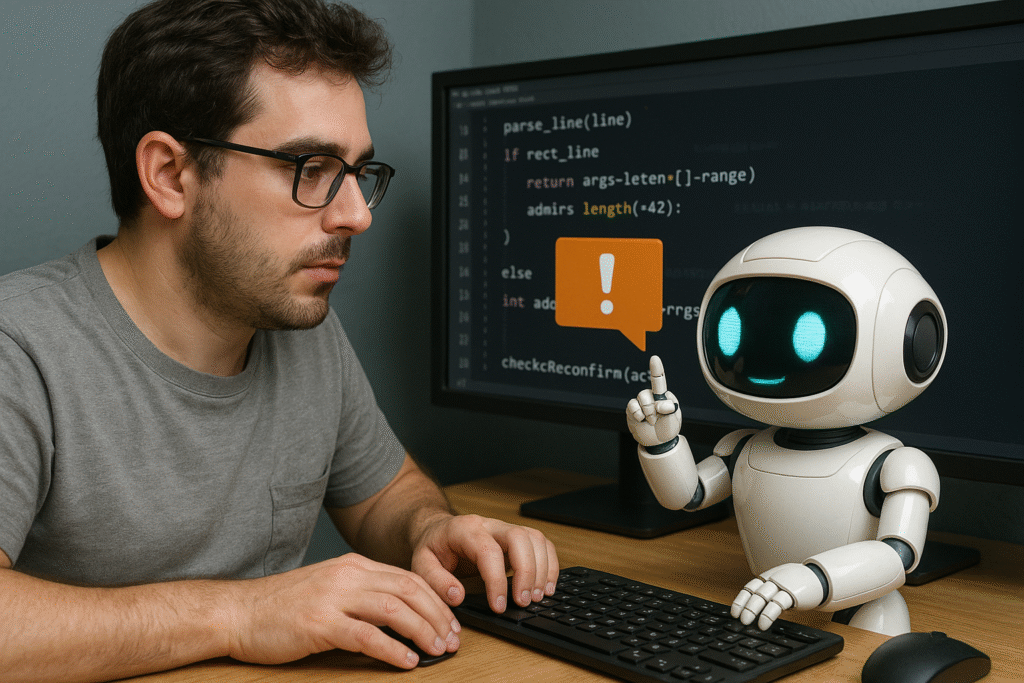
Let’s say Sarah, a junior developer at a startup, is building an app and gets stuck trying to write a feature she’s never done before. Normally, she’d spend hours researching online, trying examples, and debugging.
But with an AI assistant suggesting code snippets and pinpointing where the error is, she can quickly move past the obstacle. She learns more by doing and spends less time frustrated.
That’s the beauty of adding AI into the mix.
Final Thoughts
Google’s move to integrate AI into its software development process is a game-changer. By making code writing faster and easier, AI isn’t replacing engineers it’s supercharging them.
It’s like swapping a shovel for a power tool. The job gets done quicker, better, and with less effort.
So, if you’re curious about how AI is shaping the future of tech work, keep an eye on Google. They’re not just talking about the future they’re building it, one line of smart code at a time.
Want to Stay Ahead?
Whether you’re a tech pro, a student, or just someone who loves staying updated on AI and innovation, now’s the time to get curious.
Because the future of coding isn’t just about knowing a language it’s about knowing how to work with AI.
And that future? It’s already here.
